Women Rights
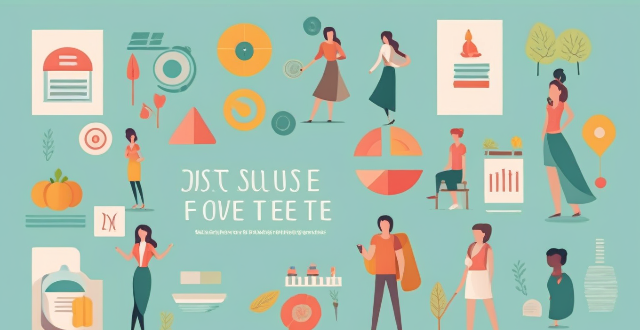
What are the legal rights of women in the workplace ?
This text discusses the legal rights of women in the workplace. It outlines five key areas: equal pay, anti-discrimination, pregnancy leave, harassment and bullying, and parental leave. The text explains that women have the right to receive equal pay for equal work, be protected from discrimination in hiring, promotion, and termination, take pregnancy and parental leave without losing their job or facing negative consequences, and work in an environment free from sexual harassment, bullying, and other forms of gender-based misconduct. The text concludes by emphasizing the importance of these rights in ensuring that women can work in a safe and supportive environment where they are treated fairly and with respect.

Are there any international laws that protect the rights of women ?
The text discusses international laws and conventions established to protect and promote women's rights, including the Convention on the Elimination of All Forms of Discrimination Against Women (CEDAW), the Inter-American Convention on the Prevention, Punishment and Eradication of Violence Against Women, the Maputo Plan of Action, the European Convention on Human Rights (ECHR), and the Beijing Declaration and Platform for Action. These legal frameworks aim to address issues such as discrimination, violence, gender equality, health care, education, and economic resources. The effectiveness of these laws often depends on national governments' commitment to implementing and enforcing them.

Why is it important to address violence against women as a human rights issue ?
Violence against women is a widespread problem that violates basic human rights and has far-reaching consequences for individuals, families, communities, and society at large. Addressing violence against women as a human rights issue is essential for upholding these basic rights, promoting gender equality, breaking the cycle of poverty and marginalization, and fulfilling our legal obligations under international law. By raising awareness about this issue and working towards creating a world where all individuals can live free from fear and violence, we can help create a more equitable and just society for all.
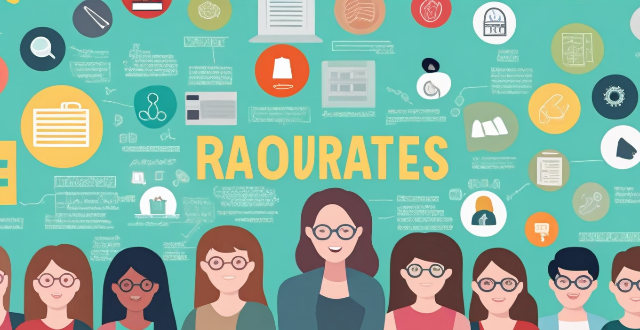
How has technology influenced women's empowerment and rights ?
The text discusses the impact of technology on women's empowerment and rights, highlighting various areas such as education, economic participation, health, social activism, and policy influence. It emphasizes how online learning platforms, e-commerce, telemedicine, social media, and digital security tools have transformed opportunities for women. Furthermore, it underscores the importance of leveraging technology to promote gender equality and women's rights globally.

What role do education and literacy play in advancing women's rights ?
Education and literacy are fundamental rights that play a crucial role in advancing women's rights. They empower women, enhance their decision-making abilities, and enable them to participate fully in society. Education and literacy provide women with the knowledge and skills necessary to make informed decisions about their lives. Educated women are more likely to delay marriage and childbearing, have fewer children, and make better health choices for themselves and their families. Education and literacy increase women's economic opportunities by enabling them to access better jobs and higher incomes. Educated women are more likely to be employed in professional or skilled positions, which leads to greater financial independence and bargaining power within households. Educated women are more aware of their health rights and are better equipped to make decisions related to their own health and well-being. They have improved access to healthcare services, understand the importance of preventive care, and are less likely to suffer from diseases associated with poverty and lack of education. Education and literacy enhance women's political engagement by providing them with the necessary knowledge and skills to participate actively in the political process. Educated women are more likely to vote, run for office, and hold leadership positions. Their increased political participation leads to policies that promote gender equality and address issues affecting women and girls. Education and literacy help to break down gender stereotypes and promote social equality between men and women. When women are educated, they are more likely to challenge discriminatory practices and traditions that limit their rights. Educated women are also more likely to advocate for gender equality in their communities, leading to a more equitable society for all.

How has the #MeToo movement impacted women's rights globally ?
The #MeToo movement has significantly influenced women's rights globally by encouraging survivors to share their experiences and creating a culture of support. This has led to increased reporting and accountability for perpetrators, as well as heightened awareness about the prevalence and severity of sexual harassment and assault. Many countries have also implemented laws and policies in response to the movement, such as stricter penalties for perpetrators and protections for survivors. However, there are still challenges and limitations to its effectiveness, including the reluctance of some survivors to share their stories publicly and the underreporting and underprosecution of other forms of gender-based violence. Overall, the #MeToo movement has had a significant impact on advancing women's rights, but more work is needed to ensure full progress.

What are some successful examples of legislation that have improved women's rights ?
The text discusses various successful legislations that have improved women's rights over the years. These include granting women the right to vote, prohibiting gender-based wage discrimination, protecting pregnant women in the workplace, providing funding for services for victims of domestic violence, improving women's health care access and coverage, protecting pregnant workers from dismissal or reduced pay during their pregnancy and after childbirth, and eliminating discrimination against women in all areas of life.
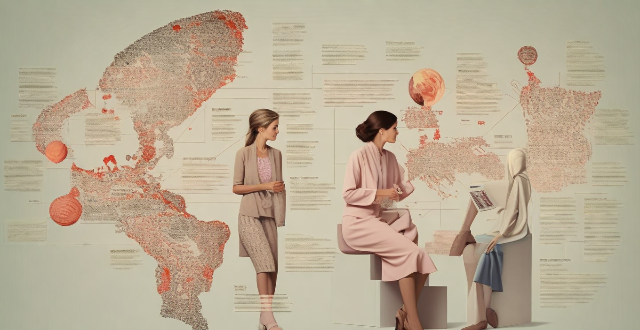
How have historical female figures influenced modern-day feminism and women's rights movements ?
This article explores how historical female figures have influenced modern-day feminism and women's rights movements. It discusses early pioneers like suffragettes and abolitionists, civil rights era figures such as Rosa Parks and Coretta Scott King, second-wave feminists including Betty Friedan and Gloria Steinem, and modern-day feminists like Malala Yousafzai and the #MeToo movement. These individuals have played crucial roles in shaping the course of feminism and women's rights movements, paving the way for future generations to fight for equality and justice.
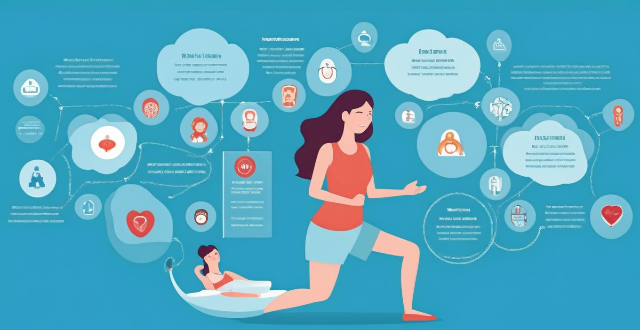
How does climate change affect women's health and reproductive rights ?
Climate change has a significant impact on women's health and reproductive rights, including increased risk of displacement, violence, and sexual assault during extreme weather events; food insecurity and malnutrition affecting reproductive health; water scarcity leading to physical injuries and reproductive health problems; air pollution causing respiratory and heart diseases as well as complications during pregnancy; and mental health issues due to stress and fear of violence. It is crucial to take action to mitigate the effects of climate change and protect the health and well-being of all people, especially those who are most vulnerable.
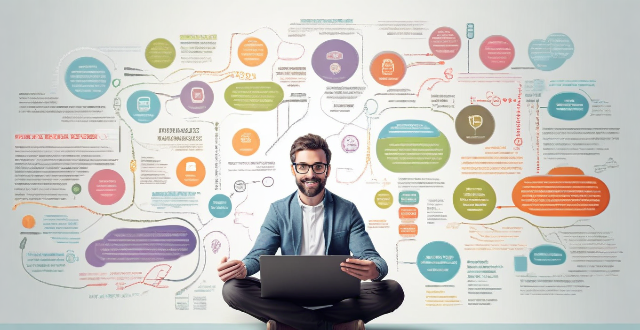
How can we ensure that climate action is consistent with human rights ?
To ensure that climate action is consistent with human rights, we need to adopt a holistic approach that takes into account the social, economic, and environmental dimensions of sustainability. Some strategies include recognizing the interdependence between climate action and human rights, integrating human rights into climate policy, ensuring transparency and accountability, promoting participatory democracy, strengthening legal frameworks, and building capacity and providing support to vulnerable populations. By doing so, we can create a more equitable and just world for all.

What are the current trends in fundraising for women's rights and empowerment initiatives ?
Fundraising for women's rights and empowerment initiatives is gaining momentum, driven by various stakeholders. Corporate social responsibility programs focus on education, microfinance, and mentorship for women. Philanthropic foundations like the Gates and Ford Foundations invest in health, economic empowerment, and leadership projects. Crowdfunding platforms such as Kickstarter and GoFundMe enable individuals to support causes like legal fees for victims of harassment. Government grants from the US and EU fund reproductive health and gender equality projects. These efforts are crucial for promoting gender equality and ensuring equal opportunities for all.
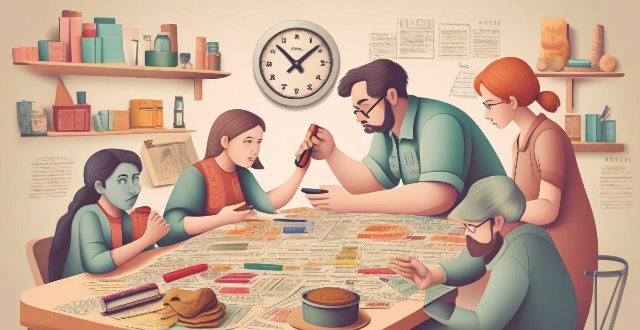
What role do international organizations play in promoting climate justice and human rights ?
International organizations play a crucial role in promoting climate justice and human rights by setting standards, offering technical assistance, facilitating dialogue, monitoring progress, and raising awareness.
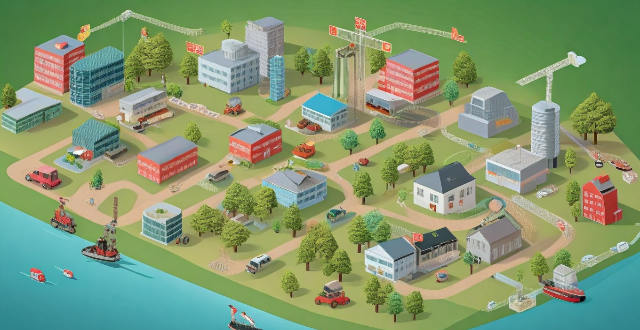
How can we balance economic development with climate action and human rights protection ?
Balancing economic development with climate action and human rights protection requires prioritizing sustainable development, integrating climate action into economic planning, protecting human rights, and collaborating across sectors. Governments and businesses should adopt policies and practices that promote renewable energy sources, reduce greenhouse gas emissions, encourage investment in green technologies, support small-scale farmers, promote fair trade practices, develop national climate plans, invest in research and development of new technologies, provide incentives for eco-friendly behaviors, ensure equal access to education, healthcare, and other basic services, protect the rights of marginalized communities, promote gender equality, enforce laws that protect workers' rights, establish cross-sectoral partnerships, encourage dialogue and consultation between stakeholders, support local initiatives, and encourage international cooperation.

How does climate change affect the rights of marginalized communities ?
Climate change disproportionately affects marginalized communities, impacting their rights in several ways: loss of territory and habitat, degradation of natural resources, increased disease risk, limited access to healthcare, loss of livelihoods, inequality in adaptation and mitigation efforts, loss of cultural heritage, and displacement and migration. Addressing these challenges requires global action that prioritizes the needs and rights of vulnerable groups.

How do cultural differences impact the experiences and opportunities for women around the world ?
Culture plays a significant role in shaping the experiences and opportunities for women around the world. It influences their roles, rights, and responsibilities, often leading to disparities in their access to education, healthcare, economic opportunities, and political representation. In this discussion, we will explore how cultural differences impact women's experiences and opportunities globally. Access to Education: Western cultures generally promote equal access to education for both genders, while traditional societies may prioritize male education over female, limiting women's opportunities. Developed nations offer quality education with diverse subjects including STEM fields, while developing nations often lack resources, resulting in fewer educational options for women. Reproductive Rights: Progressive cultures provide comprehensive reproductive health services, while conservative cultures may restrict access to contraception and safe abortion services. Industrialized countries have advanced medical facilities and prenatal care, while rural areas lack adequate healthcare infrastructure, increasing maternal mortality rates. Workforce Participation: Liberal societies encourage women's participation in various sectors, while patriarchal societies limit women to specific roles, reducing their economic potential. The Global North has legislation promoting wage equality, while the Global South often faces significant gender pay gaps due to cultural norms. Voting Rights: Democratic nations guarantee universal suffrage regardless of gender, while authoritarian regimes may restrict women's right to vote or run for office. Developed nations see an increase in female political leaders, while traditional societies rarely see women in high-level political positions due to cultural barriers. Marriage and Family Life: Western cultures promote marriage based on mutual consent and partnership, while arranged marriage cultures may limit women's choice in spousal selection. Dress Codes and Personal Freedom: Liberal societies allow individual expression through clothing choices, while restrictive cultures impose strict dress codes on women, limiting personal freedom. Addressing these disparities requires global efforts towards promoting gender equality and respecting human rights across all cultures.
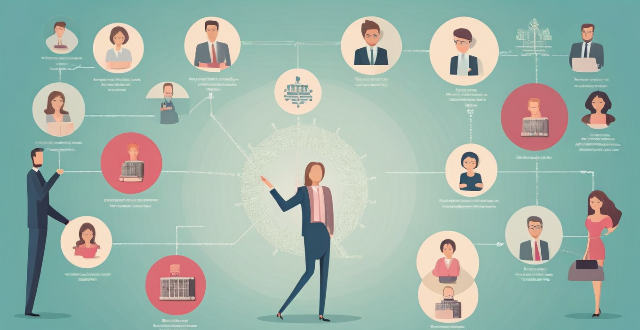
How does the law address issues like sexual harassment and stalking against women ?
The article discusses the legal framework for addressing sexual harassment and stalking against women, including civil and criminal laws, employment law, and legal remedies available to victims. It emphasizes the importance of understanding one's rights and options under the law to hold perpetrators accountable and create a safer environment.
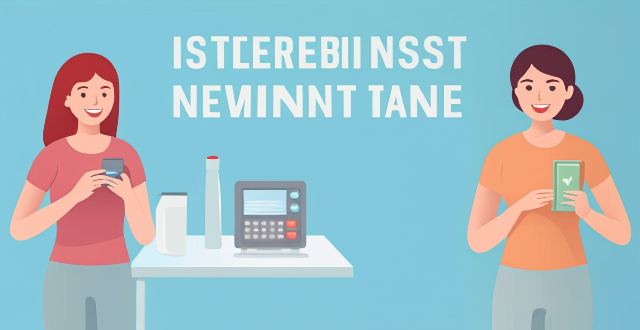
Can you explain the concept of intersectionality as it relates to women's rights ?
Intersectionality is a term used to describe the interconnectedness of various forms of oppression and discrimination, including race, gender, sexuality, class, ability, and other factors. It recognizes that individuals can experience multiple forms of discrimination simultaneously, and acknowledges that not all women have the same experiences or face the same challenges. Intersectionality advocates for an approach that takes into account all aspects of a person's identity and experiences, recognizing and addressing the ways in which different forms of discrimination overlap and intersect. This concept is important for understanding and addressing women's rights because it recognizes the diversity of women's experiences and the need for a nuanced approach to advocacy and policy-making.
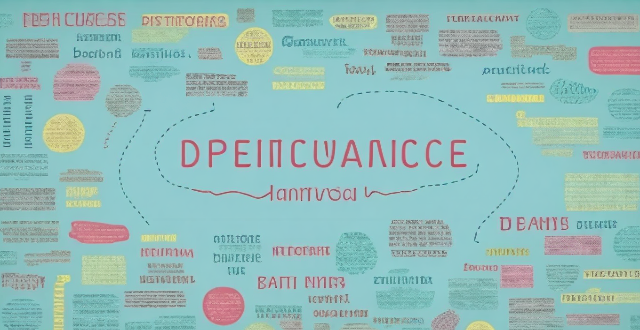
What is the definition of privacy rights ?
The text discusses the definition and importance of privacy rights, which are fundamental human rights that allow individuals to control access to their personal information and protect themselves from unreasonable interference or intrusion into their private lives. Privacy rights include the ability to choose what information about oneself is disclosed and to whom, as well as the power to determine how that information is used. The key aspects of privacy rights include control over personal information, protection from unreasonable interference or intrusion, and autonomy and self-determination. Privacy rights are essential for maintaining individual freedom and dignity, promoting trust and confidence in society, and creating a more just and equitable world where everyone has the opportunity to live their lives with dignity and autonomy.
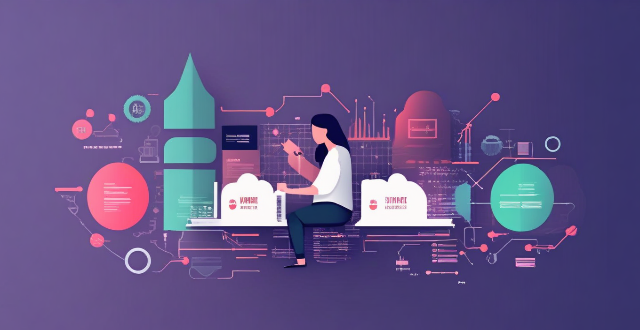
How do women-specific NGOs measure their impact on reducing poverty and inequality ?
This article explores how women-specific NGOs measure their impact on reducing poverty and inequality by focusing on key metrics such as economic empowerment, education and skill development, health and well-being, and gender equality and empowerment. It also highlights successful NGOs like Women's World Banking, Room to Read, and International Planned Parenthood Federation (IPPF) that use data collection tools to track progress towards their goals.

How can women protect themselves from gender-based discrimination and harassment ?
Gender-based discrimination and harassment are pervasive issues that women face in various settings, including the workplace, education, and public spaces. To protect themselves, women can take several proactive steps to ensure their safety and well-being, including educating themselves about their rights and forms of harassment, creating a supportive network, taking preventive measures, reporting incidents promptly, seeking legal advice and counseling services when needed, and advocating for change by raising awareness and participating in policy making. By employing these strategies, women can better protect themselves from gender-based discrimination and harassment while also contributing to a broader cultural shift towards equality and respect.

In what ways does education empower women socially and politically ?
Education is crucial for women's empowerment, enabling them to challenge societal norms and contribute more fully to society. It fosters increased awareness, improved socioeconomic status, and enhanced social relationships. Education also leads to greater political participation, policy influence, and promotion of gender equality. Overall, education enriches society by improving the lives of women and contributing to a more equitable world.
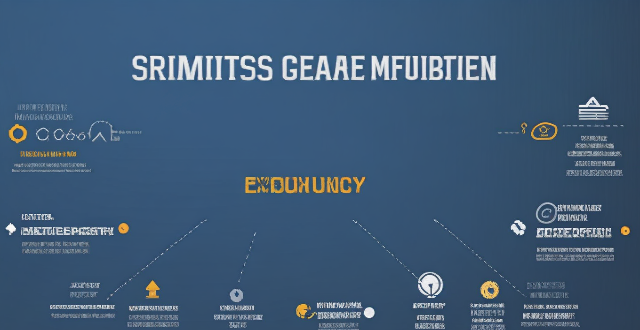
What are the legal frameworks for addressing climate change and human rights ?
The text discusses the various legal frameworks that exist to address climate change and human rights, including international agreements, national laws, and regional regulations. It highlights the importance of a multifaceted approach to tackle this complex issue and emphasizes the need to protect vulnerable communities' rights in the process. The text also provides examples of specific initiatives taken by different entities such as the United Nations, the United States, the European Union, the African Union, and the Association of Southeast Asian Nations. Overall, the text suggests that by working together at these different levels, we can create a more equitable and sustainable future for all.

How have recent data breaches impacted public perception of privacy rights ?
The text discusses the impact of recent data breaches on public perception of privacy rights. It highlights increased awareness of privacy risks, demands for stronger protections, loss of trust in institutions, and a shift towards privacy-focused technologies. The text emphasizes the importance of prioritizing privacy rights to ensure that personal information remains secure and protected.

How does climate change impact human rights ?
The impact of climate change on human rights is multifaceted and far-reaching. It affects health and well-being, food security, water access, displacement and migration, and indigenous rights. Extreme weather events can cause physical harm and death, while rising temperatures can lead to an increase in infectious diseases. Changes in temperature and precipitation patterns can disrupt agricultural production, leading to crop failures and food shortages. Water scarcity can occur as glaciers and snowpacks melt faster than they can be replenished. Displacement and migration can have serious consequences for safety, security, and rights. Indigenous communities are often particularly vulnerable to the impacts of climate change because they rely heavily on natural resources for their livelihoods and cultural practices.

Are there any international laws or treaties related to privacy rights ?
The text discusses several international laws and treaties related to privacy rights, including the European Convention on Human Rights (ECHR), the General Data Protection Regulation (GDPR), the Charter of Fundamental Rights of the European Union (CFR), and the International Covenant on Civil and Political Rights (ICCPR). These documents provide individuals with protection against unlawful interference with their private lives, homes, and communications.

Can climate change be considered a human rights issue ?
The text discusses the impact of climate change on human rights, focusing on health and safety, access to resources, displacement and migration, and intersectionality. It argues that climate change can be considered a human rights issue because it has the potential to violate several fundamental rights enshrined in international law. The text concludes that addressing climate change is crucial for protecting and promoting human rights globally.

In what ways do governments regulate privacy rights ?
Governments regulate privacy rights through legislation, enforcement agencies, self-regulation, and public awareness campaigns. Legislation defines what constitutes personal information and sets guidelines for its collection, use, and disclosure. Enforcement agencies oversee the implementation of privacy laws and handle complaints from individuals regarding the misuse of their personal information. Self-regulation encourages industry groups to develop codes of conduct or standards that promote privacy protection. Public awareness campaigns educate citizens about their privacy rights and how to protect themselves online.
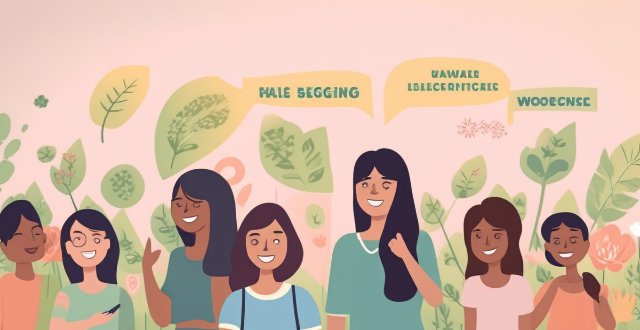
What are some successful women-led philanthropic projects that have made a significant impact in their communities ?
The article discusses several successful women-led philanthropic projects that have made significant impacts in their respective fields. These include The Malala Fund, which aims to empower girls' education globally; The Empowerment Center for Women in Saudi Arabia, which provides skills training and job opportunities for women; The Global Fund for Women, which supports grassroots women's groups worldwide; The Akilah Institute, which offers quality education and leadership training to young women in Zimbabwe; and The Women's Refugee Commission, which advocates for the protection of refugee women and children.

What are the responsibilities of governments in addressing climate change and protecting human rights ?
Governments worldwide have a crucial role in addressing climate change and protecting human rights. Their responsibilities include legislation, public awareness, research, international cooperation, adaptation measures, protection of human rights, alignment with Sustainable Development Goals, and monitoring progress. By taking proactive steps in these areas, governments can create a sustainable future for all citizens while respecting their fundamental rights.
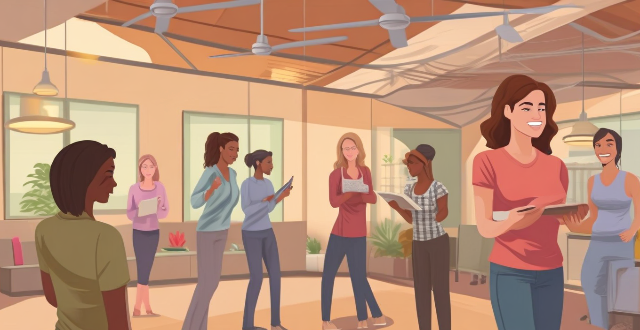
How can I get involved with women-focused charity work locally or internationally ?
Involving in women-focused charity work is a meaningful way to promote gender equality and empower women. This guide provides tips on how to get involved locally and internationally, including researching organizations, volunteering time, donating money or resources, attending events and fundraisers, fundraising for international organizations, participating in online campaigns, and traveling abroad to support women's issues. Additionally, it emphasizes the importance of being open-minded, building relationships, staying informed, and evaluating your impact to make the most of your participation.